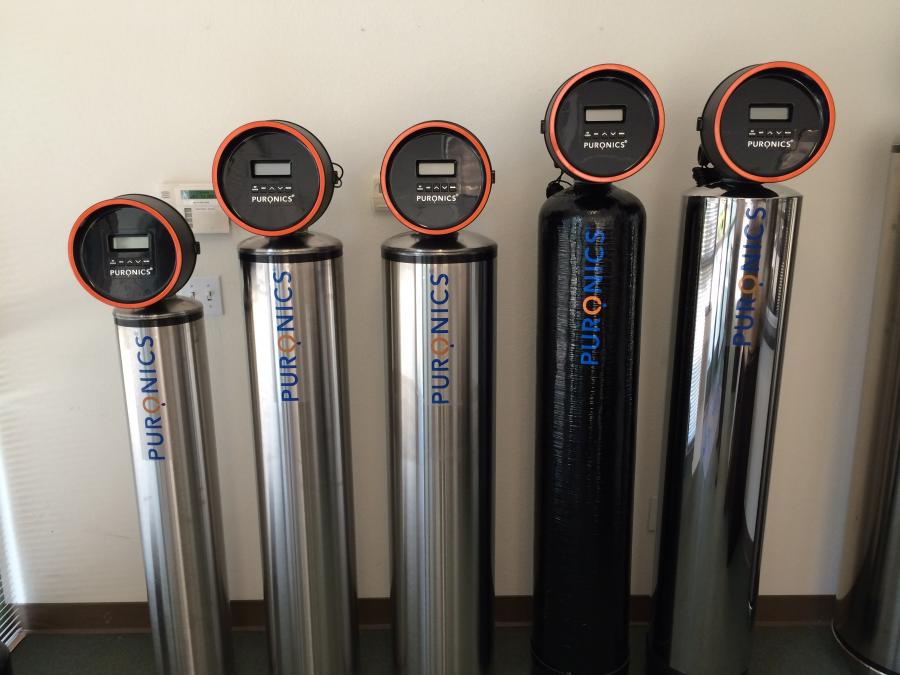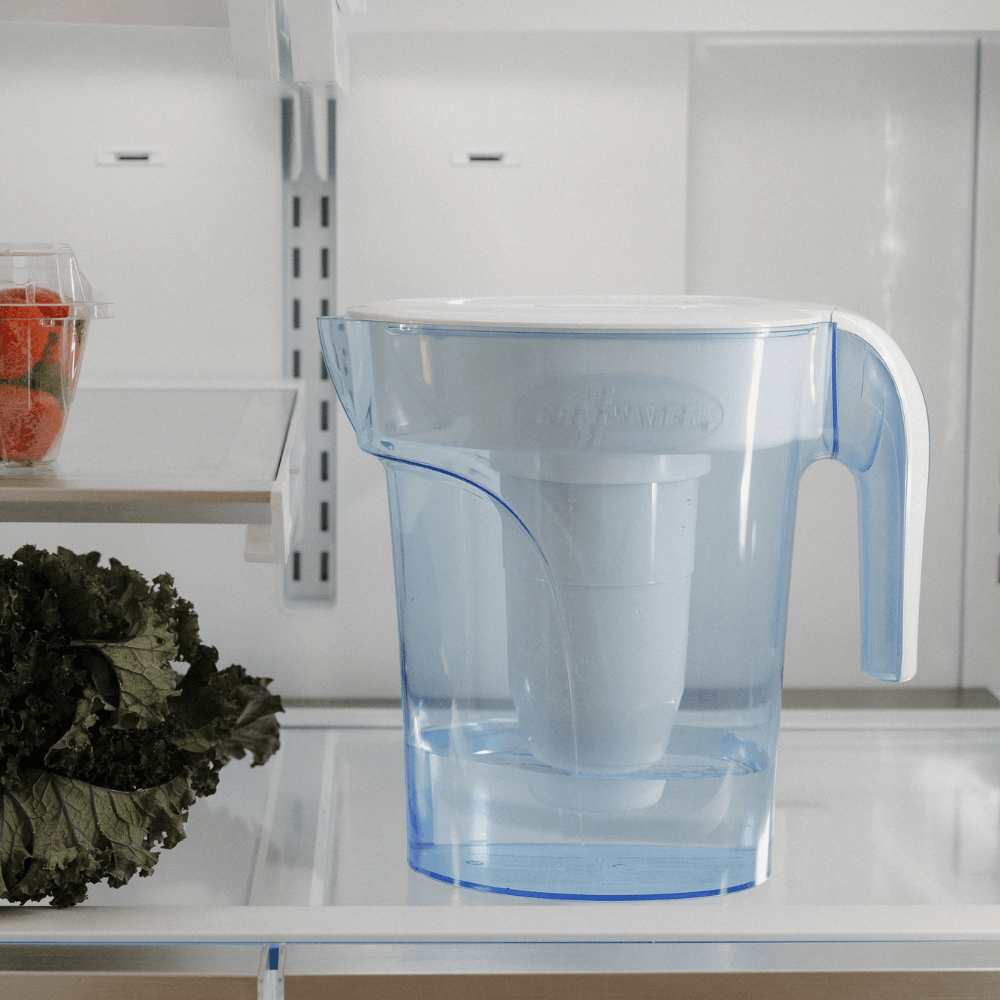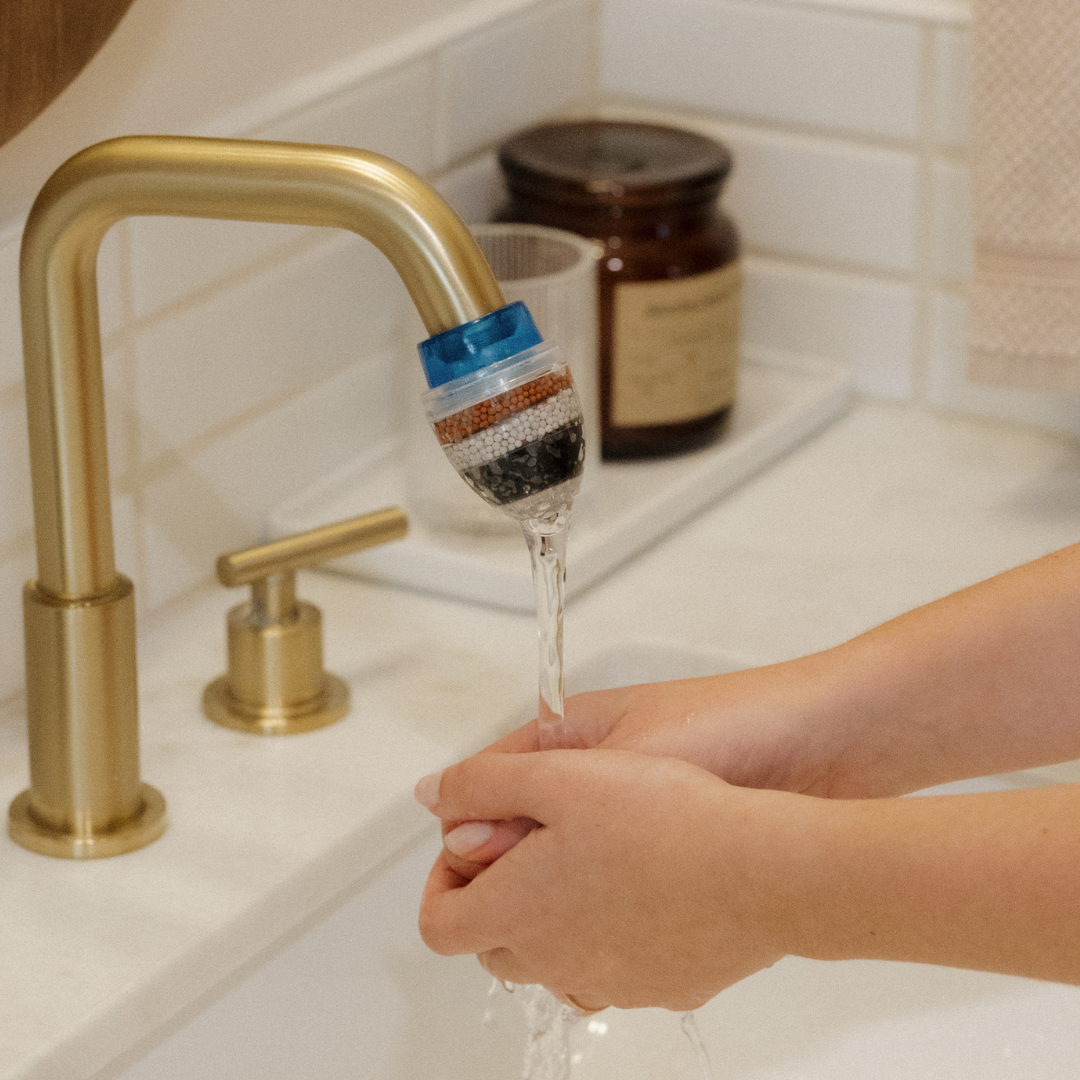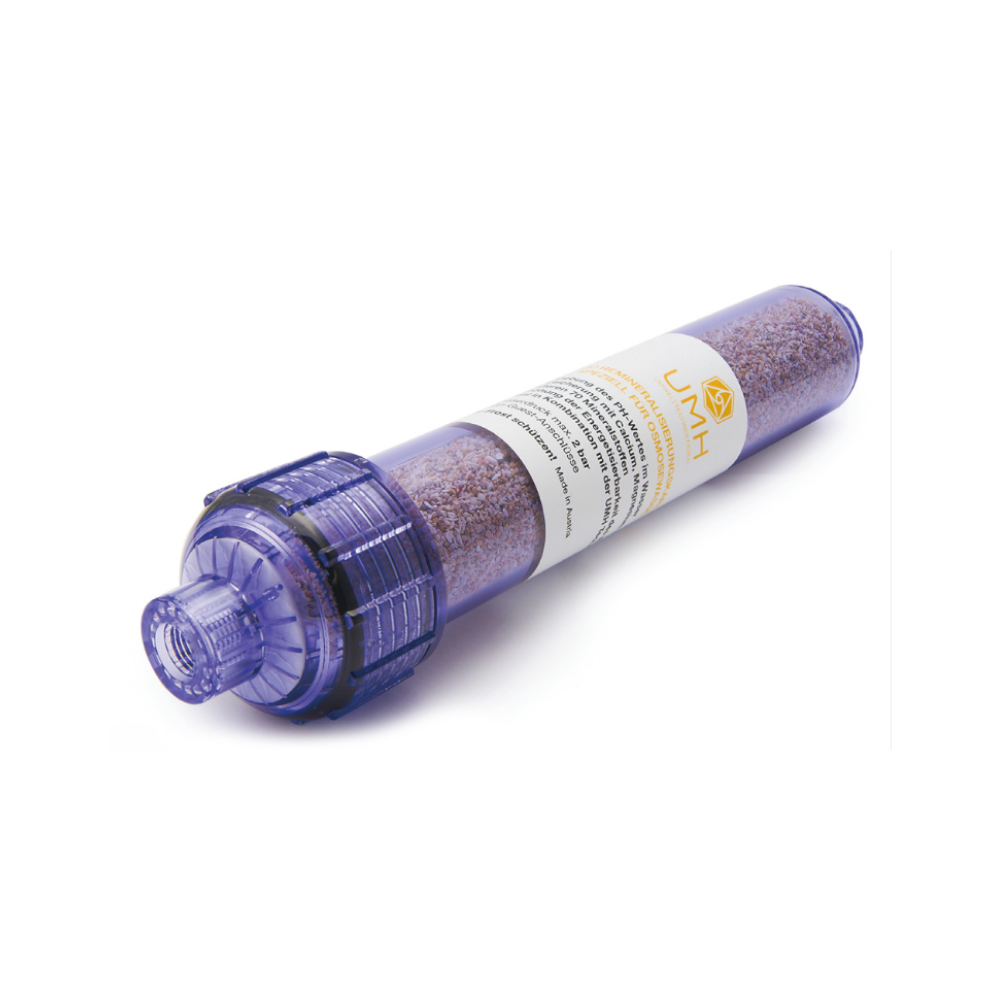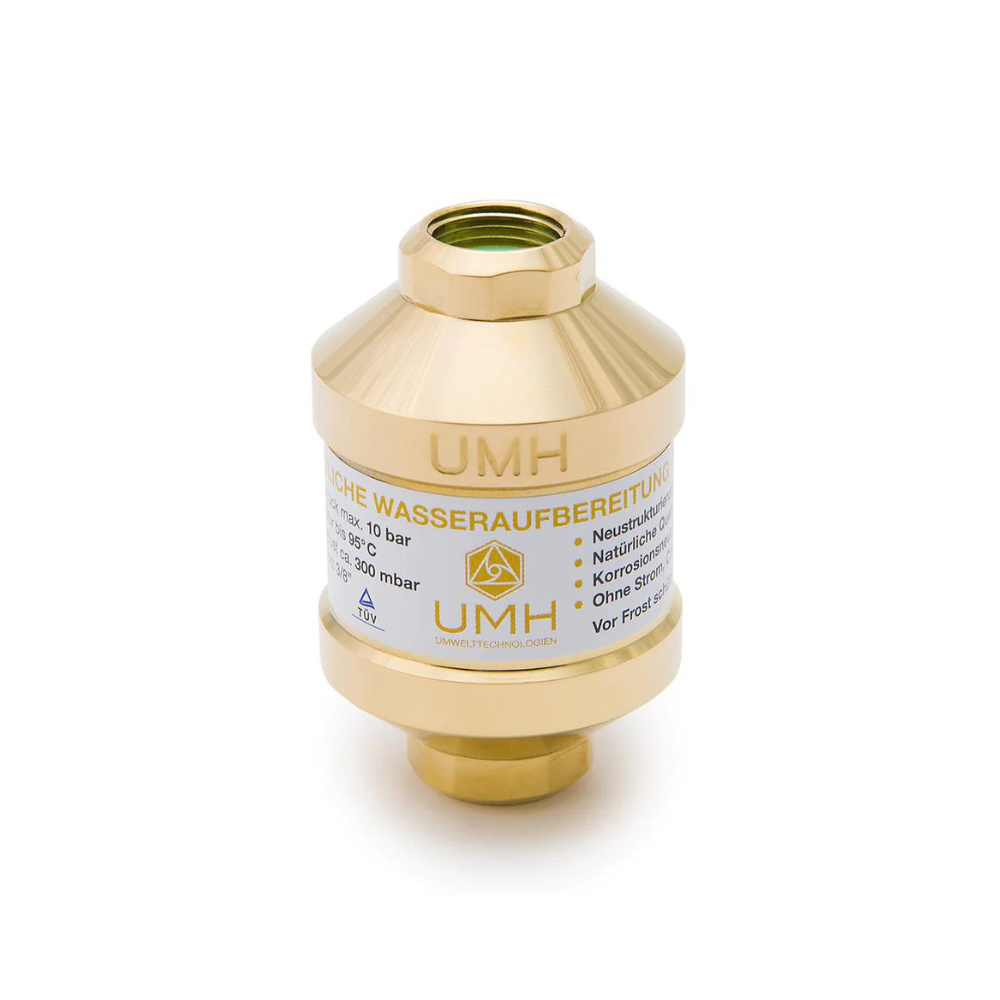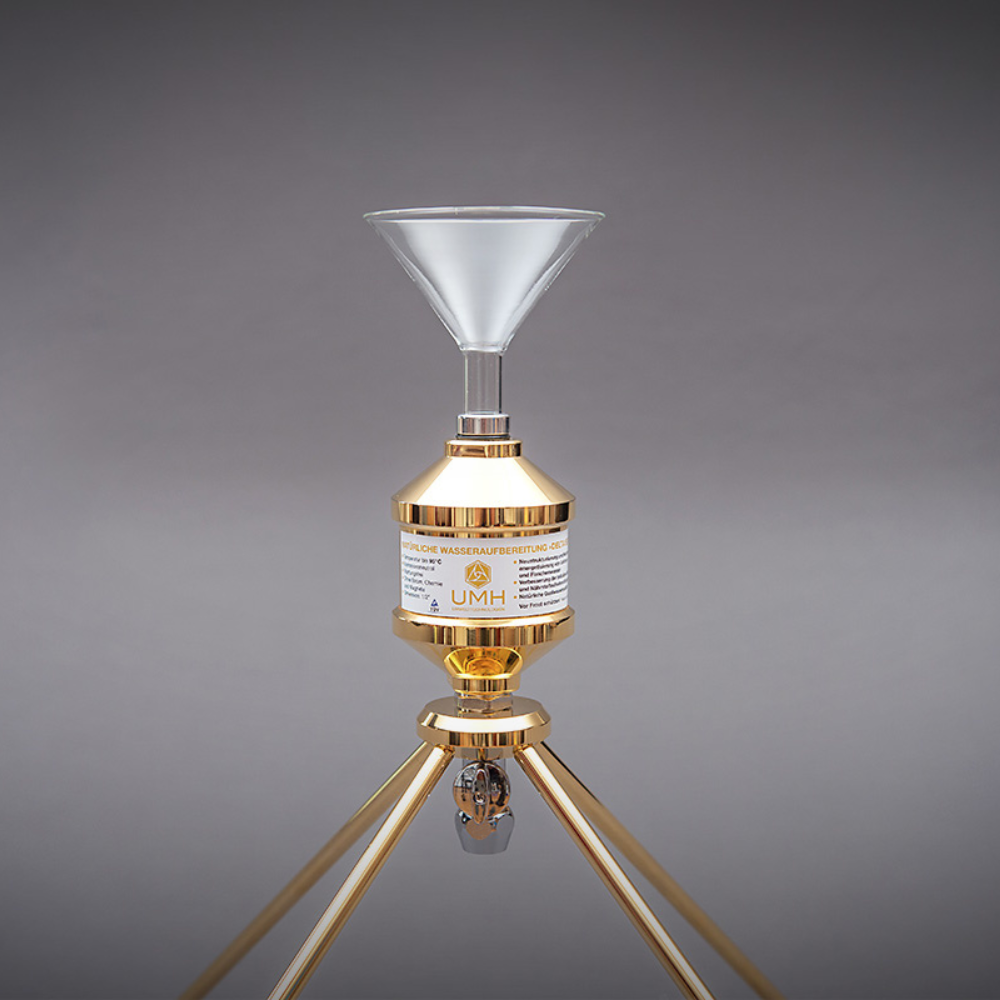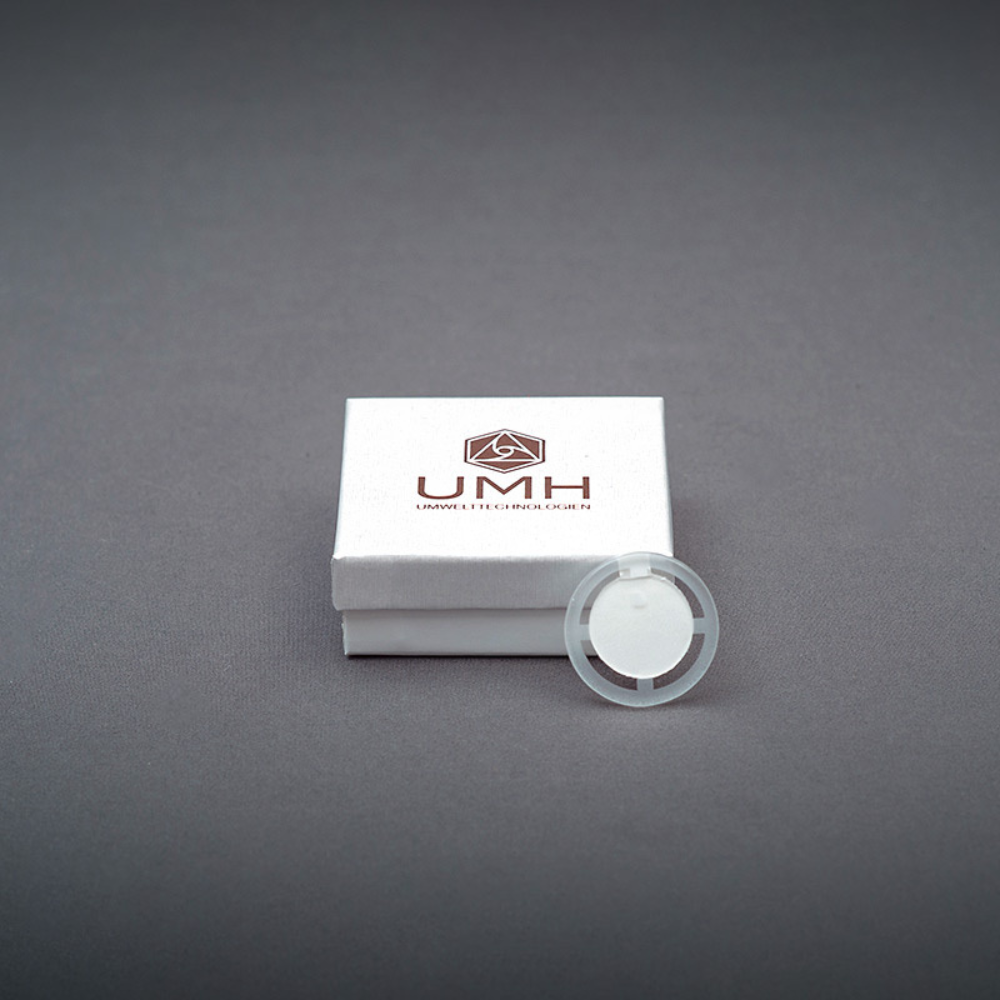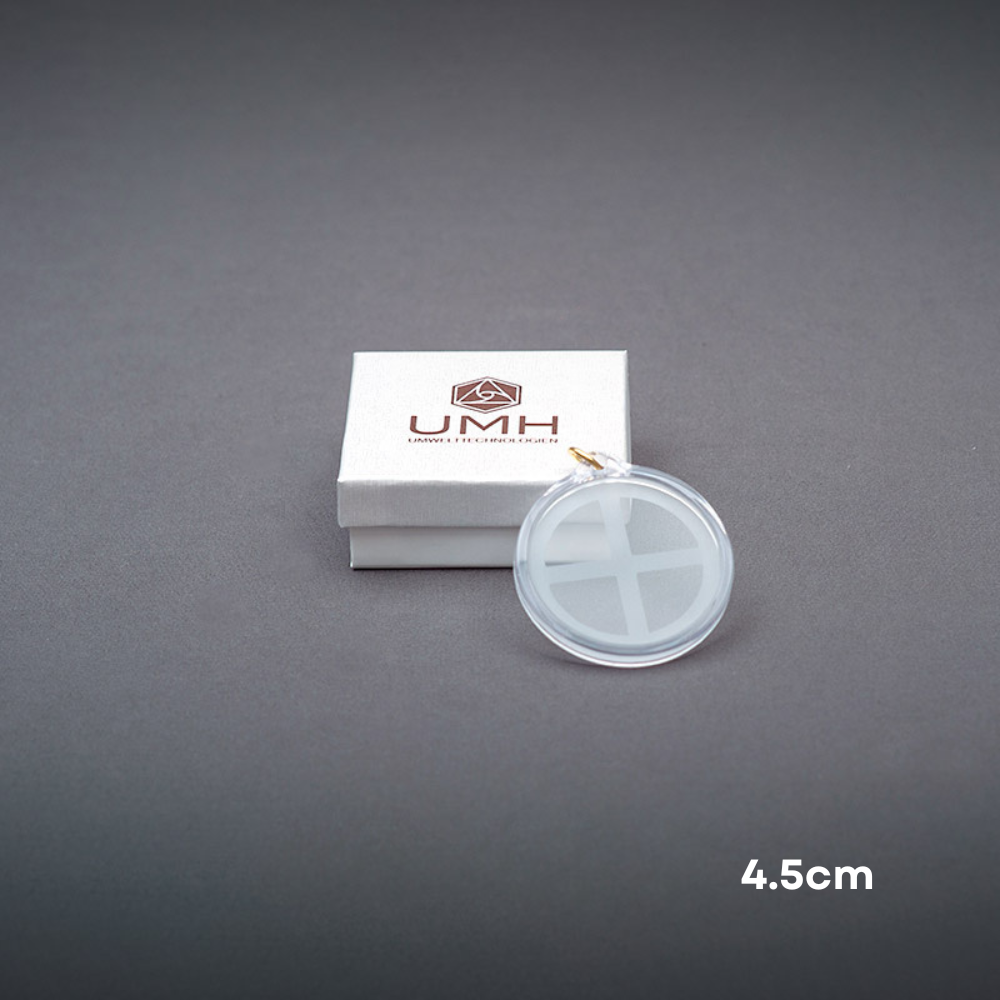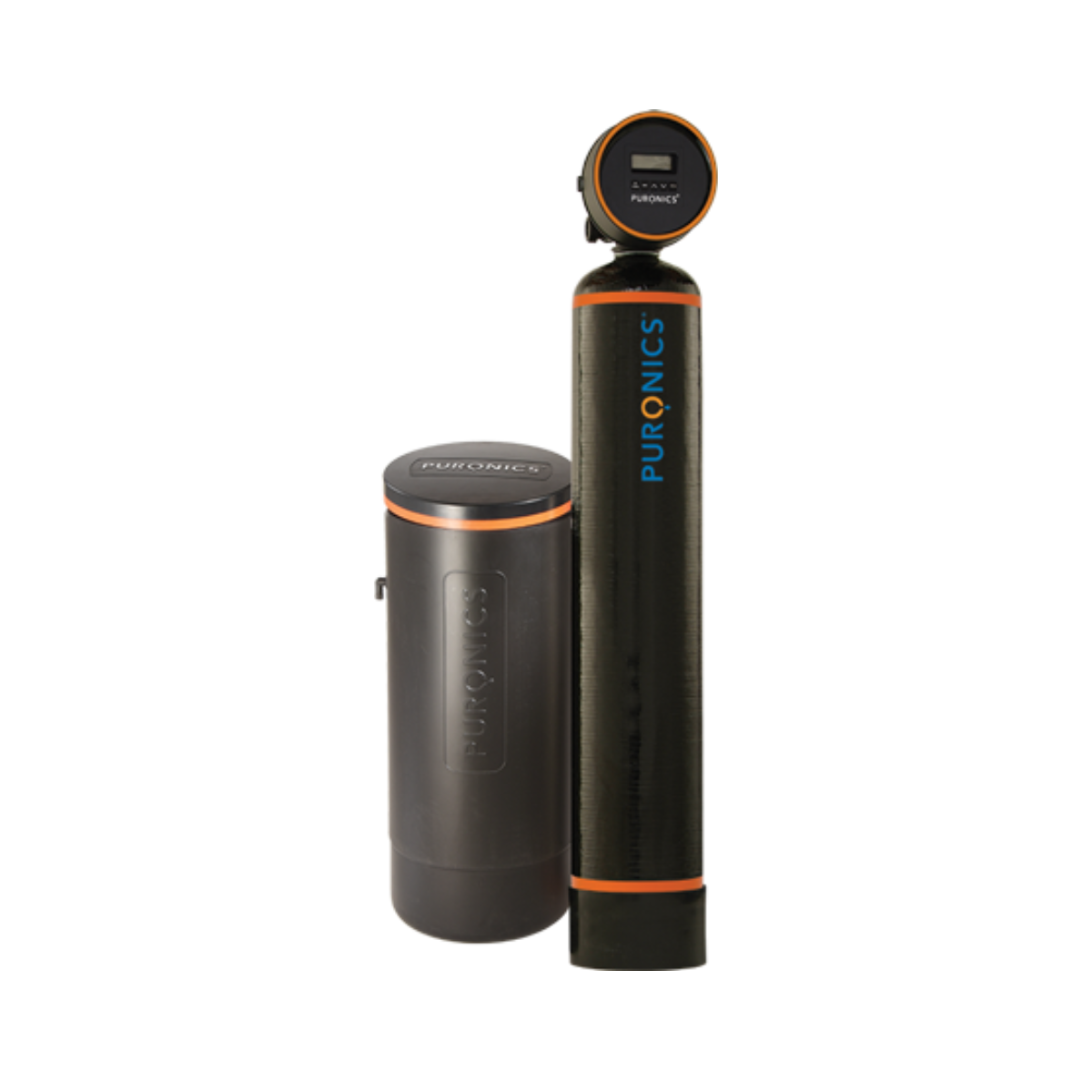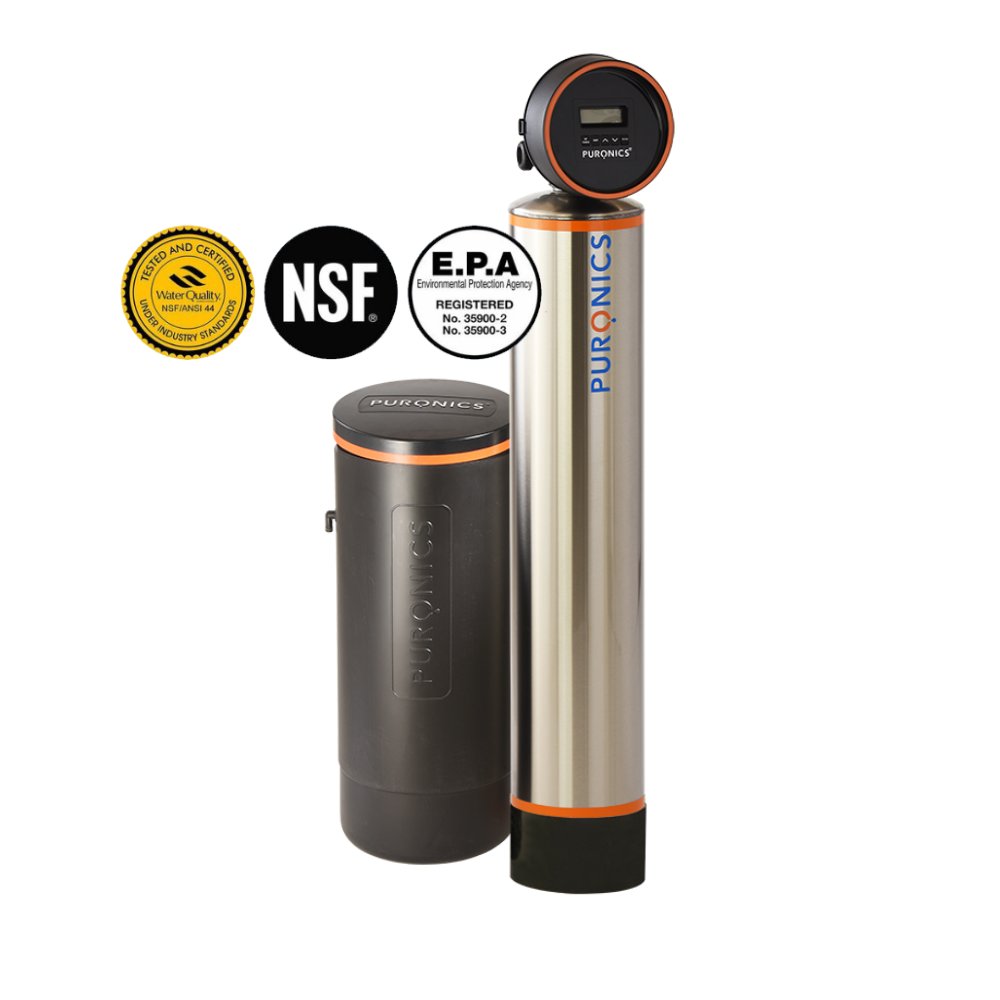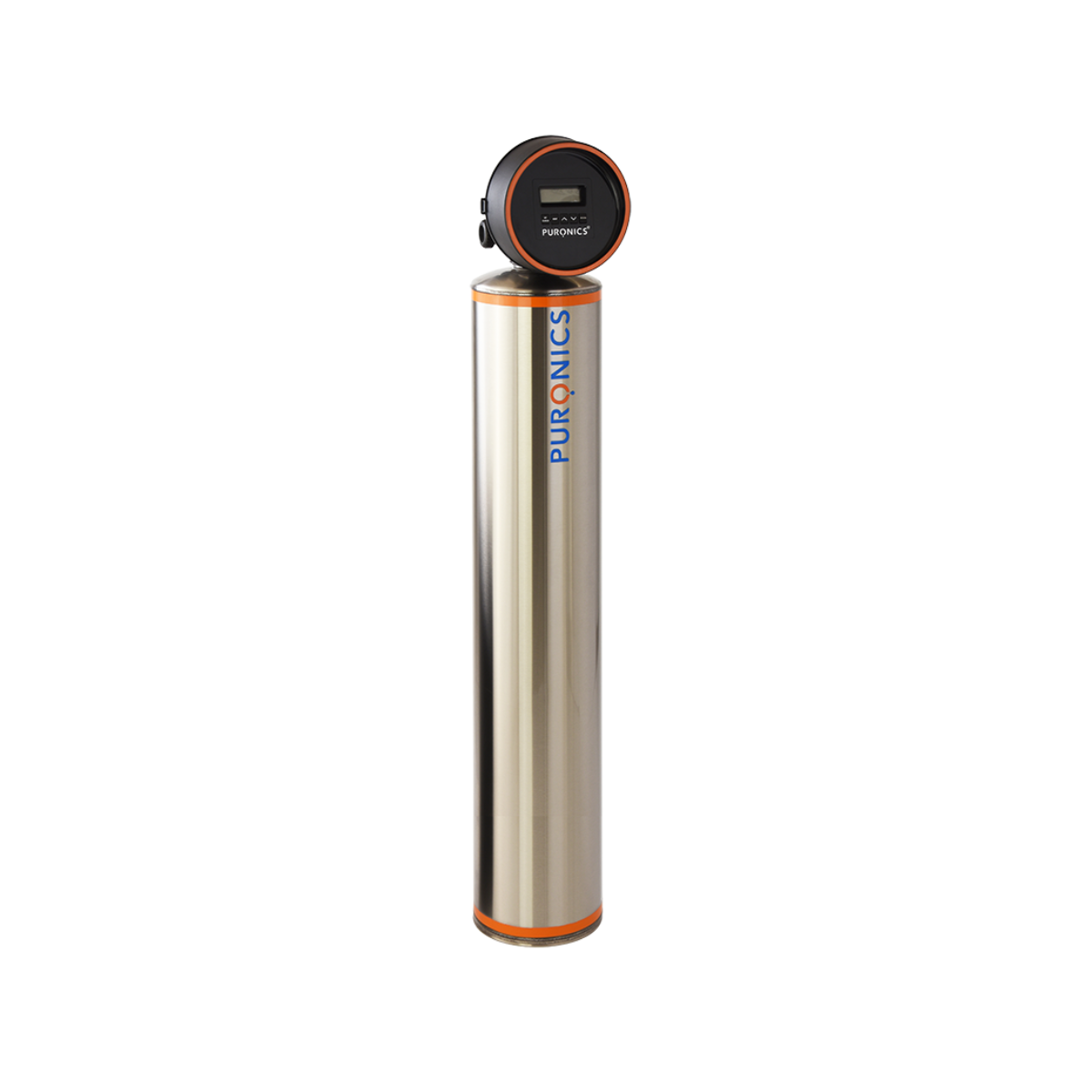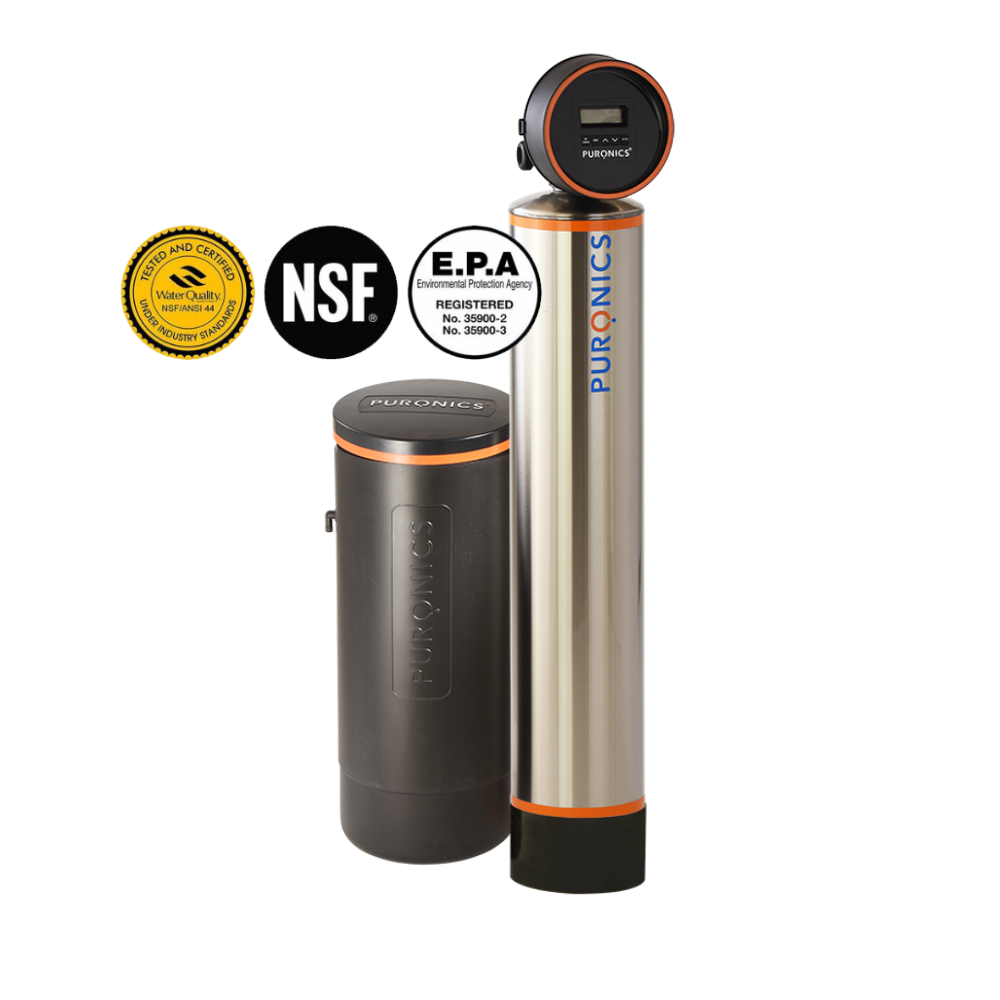5 main chemicals that harm mother earth

As we celebrate Earth Day, it's important to remember the significant role that water plays in our everyday lives and environments. Water is essential for all living things, and the availability of clean, safe water is crucial for all living beings on this planet.
Unfortunately, water pollution is rising worldwide, threatening human health, aquatic life, and fragile ecosystems.
Water filtration is an essential process that can help reduce water pollution and improve water quality. Now you might think, well isn't my water already filtered? The answer is YES, but there are a lot of standards not being met with the explosion of the chemical revolution.
Water filtration is a process of removing impurities, chemicals, and contaminants from water to make it safe for consumption and other uses. It involves passing water through a filter or a series of filters that remove harmful substances such as bacteria, viruses, heavy metals, and chemicals. Water filtration systems vary in size and complexity, from simple household filters to large-scale municipal water treatment plants. The critical thing to note is that not all water filtration is created equal.

There are many chemicals and pollutants that lurk in our water supply, and most of them are harmful to mother earth and human health. Here are a few examples of chemicals that most people may not be aware of:
-
Pharmaceuticals: Many prescription and over-the-counter medications can end up in our water supply. These drugs can pass through our bodies unchanged and enter the wastewater stream when we use the bathroom or dispose of unused medications improperly. The presence of pharmaceuticals in our water supply can harm aquatic life, and there is concern about potential effects on human health as well.
-
Pesticides and herbicides: Agricultural runoff can contain pesticides and herbicides that end up in our water supply. These chemicals can harm aquatic life, and there is concern about the effects of long-term exposure on human health as well.
-
Per- and polyfluoroalkyl substances (PFAS): PFAS are a class of man-made chemicals that are used in many industrial and consumer products, including firefighting foam, nonstick cookware, and waterproof clothing. These chemicals are persistent and can accumulate in the environment and in the human body. There is concern about the health effects of long-term exposure to PFAS, including an increased risk of cancer and other health problems. Just recently the EPA just made a statement on the harmful effects of PFAS - YOU CAN READ THE FULL STATEMENT HERE
-
Lead: Lead can enter our water supply through corroded pipes and plumbing fixtures. Exposure to lead can have serious health effects, particularly for children, including developmental delays and learning disabilities.
-
Chlorine and chloramine: Chlorine and chloramine are commonly used to disinfect our water supply. While they are effective at killing harmful bacteria, they can also form byproducts that can be harmful to human health and mother earth.

In conclusion, water filtration is an essential process that plays a crucial role in protecting human health, preserving aquatic life, preventing water pollution, and conserving water resources. As we celebrate Earth Day, it's important to remember the importance of clean water and the role that filtration systems can play in ensuring its availability. By supporting and investing in water filtration, we can contribute to a healthier and more sustainable future for all.
0 comments

